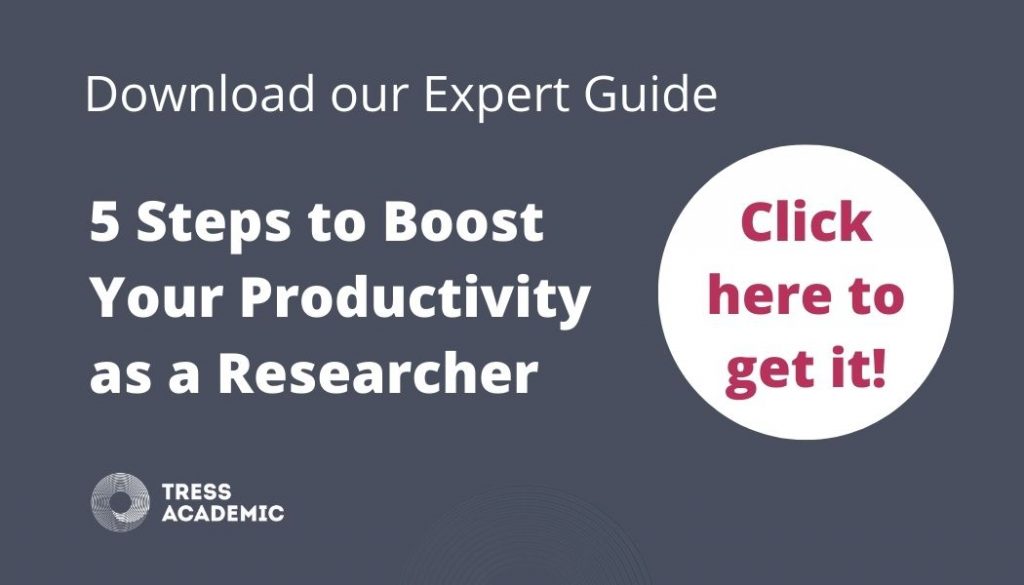Do you find yourself working non-stop? Feeling like you can’t allow yourself to pause? It’s a hectic time right now for most of us, and canceling breaks might be a normal response if you feel pressured to catch up or increase productivity. But it will only increase your stress levels and might lead to serious health issues in the long run. With this blog post, we want to send you a strong reminder to take sufficient breaks during your workday, and suggest four great ways of spending your time off so that you can return to work with joy and plenty of energy!
Does the current time feel a bit hectic? On our side, it feels as if there’s more to do than ever before. It might be that after the many restrictions during the pandemic, in the past months everything was finally possible again and that meant everyone tried to catch up and squeeze in as much as possible. Also, common workflows from before the pandemic and standard procedures were toppled, and we are not yet back to a new state of normal. Instead, we’re half stuck in ‘the old way’ of doing business (aka research) and halfway to a new normal, whatever that will be. The uncertainty and fluctuation are demanding and take additional energy. Many of us are working between home and the office, which also often means an additional effort. You’ve got to organise tasks for the home office as well as when you work at the institute. It means planning lab work, experiments or in-person meetings for certain days while saving other tasks for your home office days.
In short, we’ve recently felt stressed and struggled to get rest and take enough breaks during the day. And we have the feeling that we were not alone in this. That’s why we want to send out an encouraging reminder to everyone to make sure you take good breaks and get decent rest in between!
Let’s discuss why breaks are important, and what might happen if you don’t take them. We’ll also suggest activities that help you restore your energy levels and approach the rest of your work day with panache.
Why is it so difficult for us scientists to take regular breaks during the day?
As a researcher, your work is so exciting that you can’t stop.
Blimey, we know this problem. We vividly remember working with our Norwegian mentor, a professor, at his institute and enjoying it tremendously. We were so into developing new project ideas, pouring over data, or writing exciting papers together that we would have gone from breakfast to dinner without a break. But he knew better. He would force us to stop from time to time and would even drive down with us to the nearest station to stock up on sandwiches, nibbles, chocolate bars and a few bottles of water. At other times, he’d make us walk across campus or invite us to a nearby cafeteria. Today, we fondly remember those breaks and are grateful that he instilled in us the importance of taking a break. So if you have exciting collaborations or thrilling work to do in the lab, remind yourself and your colleagues to take it easy and take a break from time to time.
Time pressure
We all know this problem. There’s always a lot to do, and there are tasks that have to be finished by a certain day. A scientist’s work is never finished. One question is answered and another will turn up. One paper is written and the next is in the pipeline. One project funded and the next call and deadline are already upon you. So all of us could keep going on forever until we drop.
The feeling of having more work to do than we can manage often leads to the natural response of trying to make more time by killing breaks. But that does not work and will backfire in the long run.
Competitive environment
There’s surely always someone who’s got a bigger grant, published more papers, is more impressive when teaching students, is invited to keynote talks and has more exciting research topics. Science is a pool of people who are all intelligent and excellent in their own way. And being part of that self-selected community may make you feel as if you should try harder and be more productive all the time. Taking good long breaks and enjoying yourself (even just a little bit) can seem out of place.
Few people working at the institute
Another reason for not taking as many breaks as we used to may be that with hybrid work models, only a few colleagues are around at the institute on any particular day. Cafeterias or lunch places have reduced their offers and their working hours (or did not re-open after the pandemic).
So why should we walk to the cafeteria for lunch if we won’t meet anyone we know and the menu isn’t offering anything exciting? Staying in the office and eating alone or cutting out your break to get home earlier is an obvious reaction.
Not taking sufficient breaks is problematic
Not taking breaks during your work-day means you can’t recover and you’ll be drained of energy, and thus not able to concentrate or focus. But for your scientific work, that is exactly what is required. Also, not stopping for a break means you don’t give yourself a chance to reflect on what you just did, whether it’s right or wrong, going in the right direction or not. You’ll just carry on in one direction and you might not notice when a course correction would be beneficial. Thus you’re losing that hindsight that is so helpful for problem-solving or generating new ideas.
If you don’t take regular breaks, your stress levels might increase and build up to a level that is not healthy anymore. Do that one day after the other and you’ll soon be under perma-stress, which is known to increase the risk for physical and mental health issues, e.g. high blood pressure, anxiety, burn-out or depression.
What is a good break?
A good break helps you feel more energised, happier and motivated for work afterwards. A meaningful break takes your mind off what you were doing and lets you enjoy the time off. After a great break, you should feel completely relaxed and your stress levels should be down so you can enter the next activity with a focused mindset.
Obviously a break in which you sit in front of your computer, and continue working while munching away at a sandwich without noticing or tasting it (so you could in principle eat polystyrene instead) is not helpful. That actually is not a break at all! A poor break is one in which you scroll angrily through your messenger feed getting worked up about the exchanges you missed, or the pointless comments from friends. A bad break is also one in which your mind continues to think about the unsolved problem you were working on before or dwell on the endless stream of tasks that is still ahead of you.
What are helpful activities during a break?
Below you’ll find a couple of activities that are known to reduce stress levels and make you feel better. Including any of these in your break-routine is a plus. Browse the list and see what would work for you:
1. Walking
Walking has a positive effect on your state of mind. Even a short brisk walk around the institute or nearby park can help to immensely recharge your batteries. A longer walk after lunch or in the afternoon can be a great way to reflect on the day so far and to re-focus on important tasks for the remaining work time, plus help you decide how you want to spend your evening. Apart from walking, any other physical activity like running or bicycling is great, but might need a bit of planning to implement during your work day.
2. Engaging with others
Having a nice conversation with colleagues that you like is always uplifting. So if you have the chance to spend the breaks together with your pals, don’t hold back. And don’t always wait until you are asked to join–take the initiative yourself and suggest joint breaks to fellow colleagues. Asking someone to spend the lunch break together is also a great way to get to know new people. During home office, having a nice chat on zoom with a friend can do the trick as well.
3. Doing something you like!
Take that book or your Kindle with you and continue reading that exciting thriller in your break. Likewise, you can easily knit 10 rows on the wool scarf you started recently, or sketch on the crumpled-up paper on your desk if you’re into drawing. Listen to your favourite music–you can also do this while walking! In the home office, the options are even better. Grab your guitar or hammer away on the piano during your breaks. In the early months of the pandemic, we continued working on a large jigsaw puzzle for a while after lunch.

4. Deliberate rest
Just relaxing in silence for a few minutes and doing nothing can be fabulous. Or just sit in the sunshine and relish a good cup of coffee. You might also enjoy going to the library or any other place you like at your institute (roof-top terrace, anyone?) and just sitting there alone for a while. Some swear by deep breathing or meditating. And taking a short power nap is not off the table if you’re in the home office either.
Conclusion
Don’t forget to take care of yourself in these hectic times. Taking regular enjoyable breaks during your workday is absolutely essential. Improving the way you spend your breaks will help you to stay sane and improve your productivity. Start by reflecting on your routine of taking breaks right now. How often do you pause? How long are your breaks and, most importantly, how do you spend them? Try any of the suggested activities above and enjoy your breaks!
Resources:
- SMART ACADEMICS blog post no. #53: Create your perfect home-office day!
- SMART ACADEMICS blog post no. #72: 1000 things to do – no clue where to start
- SMART ACADEMICS blog post no. #82: The top 7 time-wasters of researchers
- Free worksheet: ‘My ideal home-working day!’
- Free worksheet: ‘How to tackle low-motivation’
- Free Expert Guide: 5 reasons why PhD students delay and how to avoid
More information
Do you want to become a more efficient researcher? If so, please sign up to receive our free guides.
Photograph by Sid Leigh at Unsplash.com
© 2022 Tress Academic
